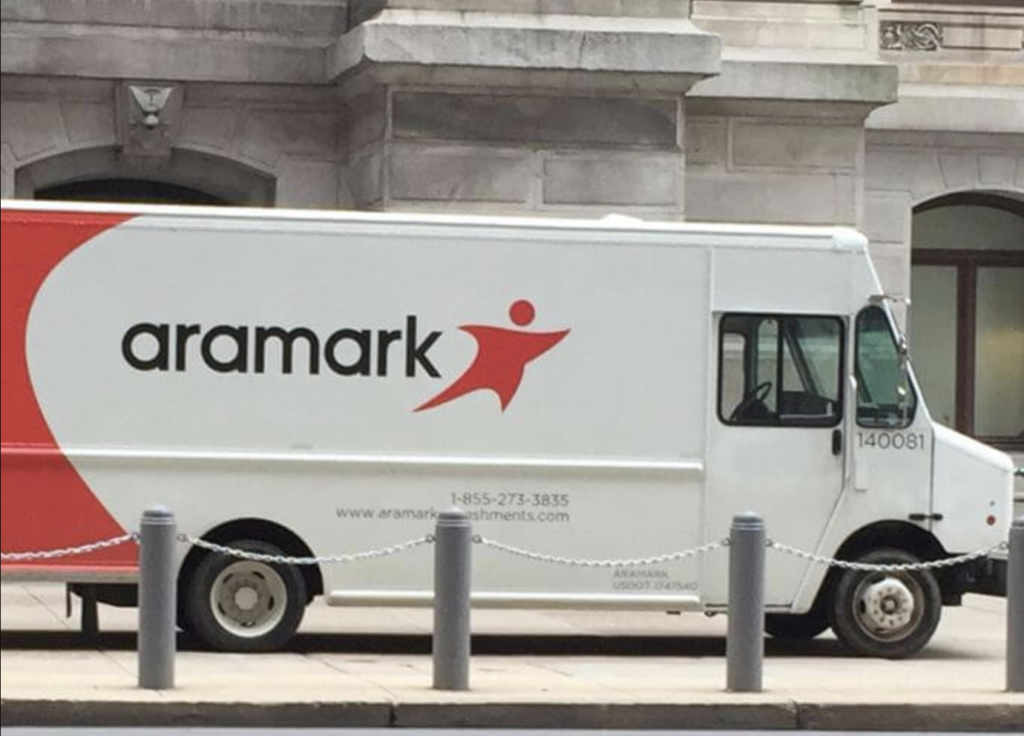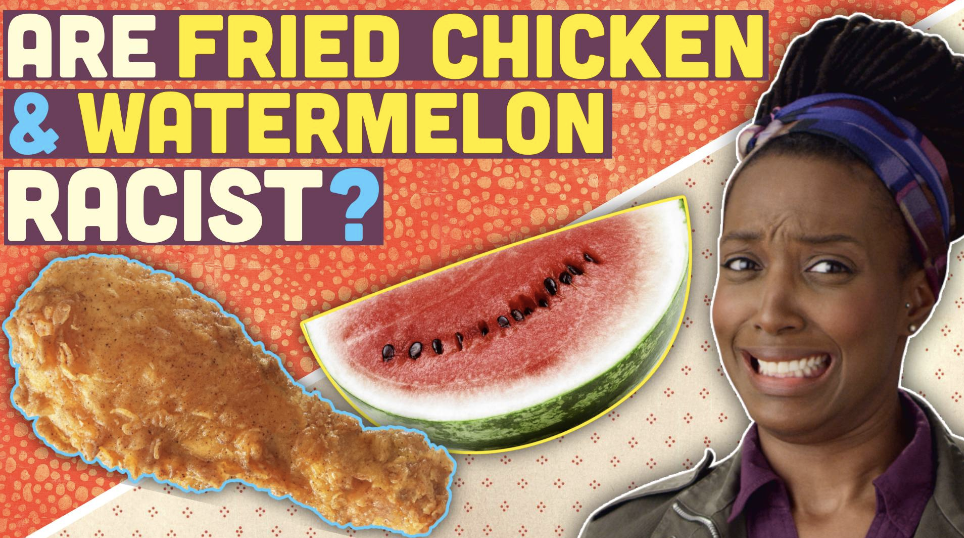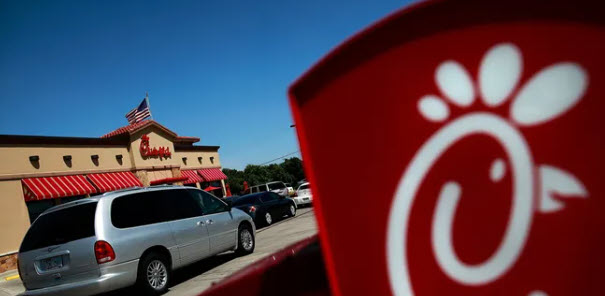
It’s Black History Month again, and every year, without fail, brands make the mistake of going “too far” to celebrate. This year is no different, with Aramark causing the latest uproar after serving chicken and waffles at a middle school in New York during Black History Month. While most students didn’t have a problem with chicken or waffles, the out of season watermelon raised eyebrows. Especially since these food items were not on the published school menu, but a choice of the food vendor. Aramark has since apologized for serving students chicken and waffles, along with watermelon on the first day of Black History Month, but it raises a larger question about the education and understanding of cultural competence in society.
While I don’t feel that serving chicken and waffles, in and of itself is racist – adding the watermelon, may be the straw. The serving of food items that have been historically associated with negative stereotypes about African Americans is not only insensitive but also damaging to the students who are forced to confront these harmful biases in their daily lives. The timing of the incident, during Black History Month, only amplifies the lack of understanding and consideration shown by the company. If you need further clarification of why this can be seen as racism, check out this video from 2015, as Franchesca Ramsey talks about the violent history of Black culinary stereotypes.

It is not the first time Aramark has faced criticism for perpetuating racial stereotypes; there were at least two prior incidents. In 2018, the company fired two employees after serving a Black History Month lunch menu at a New York University dining hall that included food items and beverages historically linked to negative stereotypes of African Americans.
It is easy to underestimate the significant impact negative stereotypes have on their victims. While it is true, the food in and of itself is not racist, the harm comes when you mix the stereotype with prejudice, discrimination, and institutional power (i.e., a school, police, or government); then it becomes a racist stereotype. Therefore, it is crucial to have ongoing discussions and education about cultural sensitivity, particularly in environments like schools where students are forming their identities and beliefs. The responsibility to address and prevent these incidents falls on Aramark, the school district, and broader society.
The #BrandRewind
Despite the apologies and the pledge for employees to attend sensitivity training, Aramark and the school must take action to actually address systemic biases inherent in their organization. Sensitivity training alone is not enough. Organizations and individuals must educate themselves on cultural competency to create an inclusive and equitable environment. Hopefully, the Nyack community and Aramark will turn this situation into a learning opportunity and take steps toward building a more culturally competent and equitable environment. However, It is sad we have to keep covering stories like this every Black HIstory month or Juneteenth. It is time to grow beyond these trite stereotypes and for brands to stop making this mistake, it is just so cliché.
Barika Phillips Bell is the co-founder of the award winning company, B3 Media Solutions, a social media research, listening (search & social), analytics, data visualization, and reporting agency. She has over 15+ years experience within social media on both the brand and agency side.




